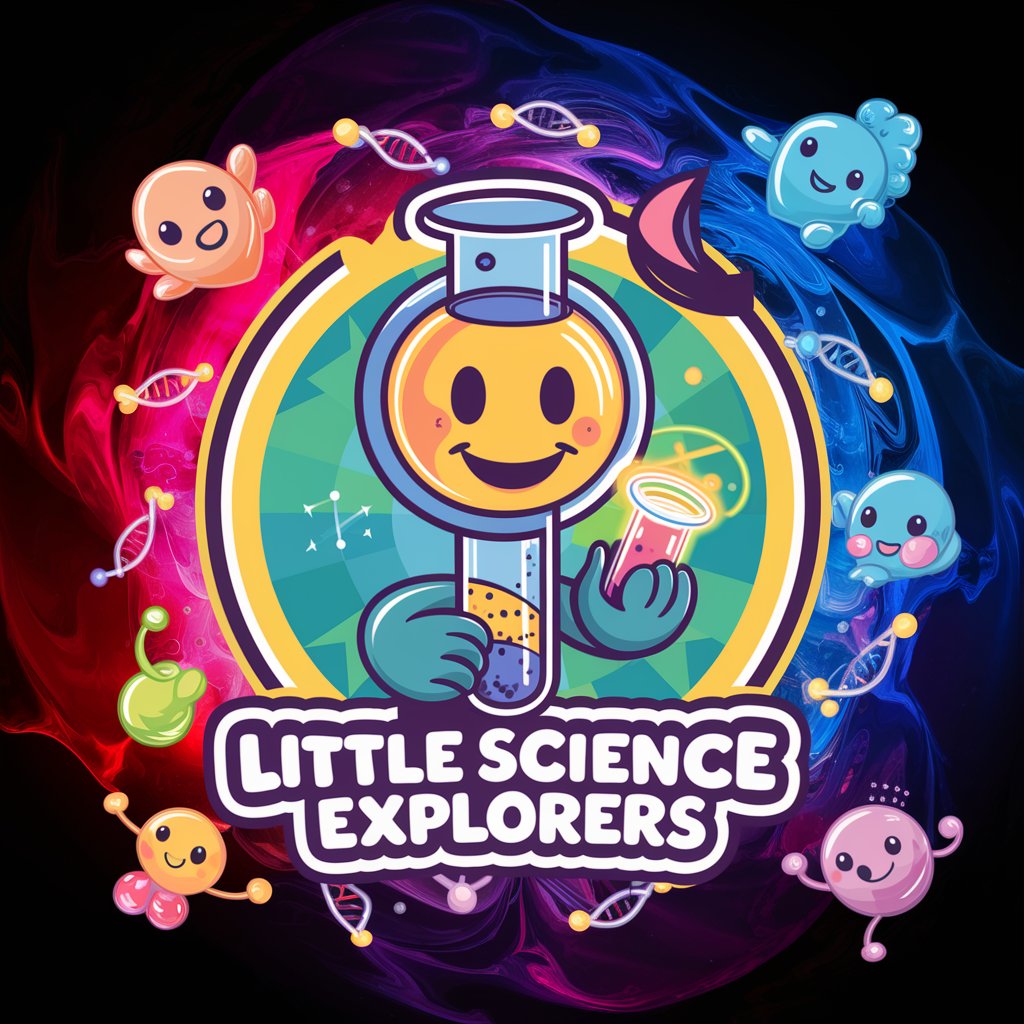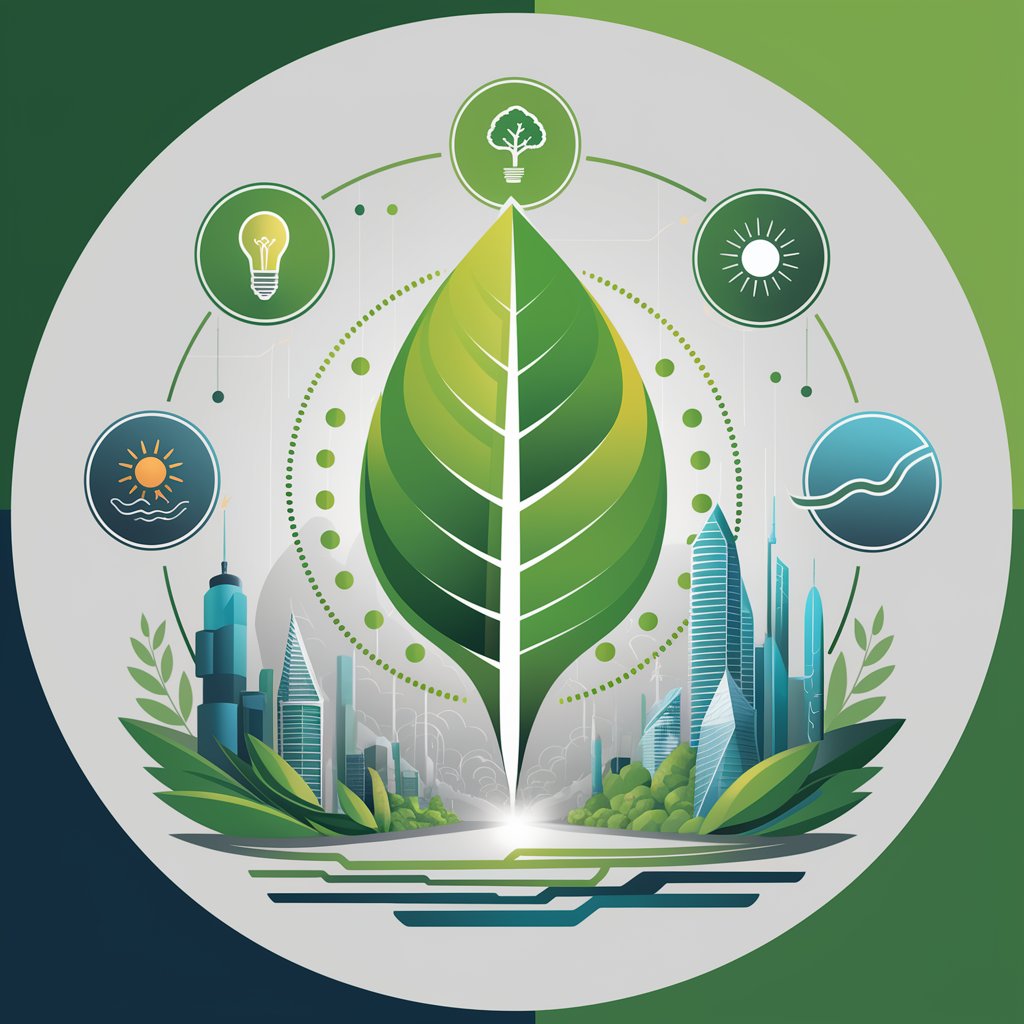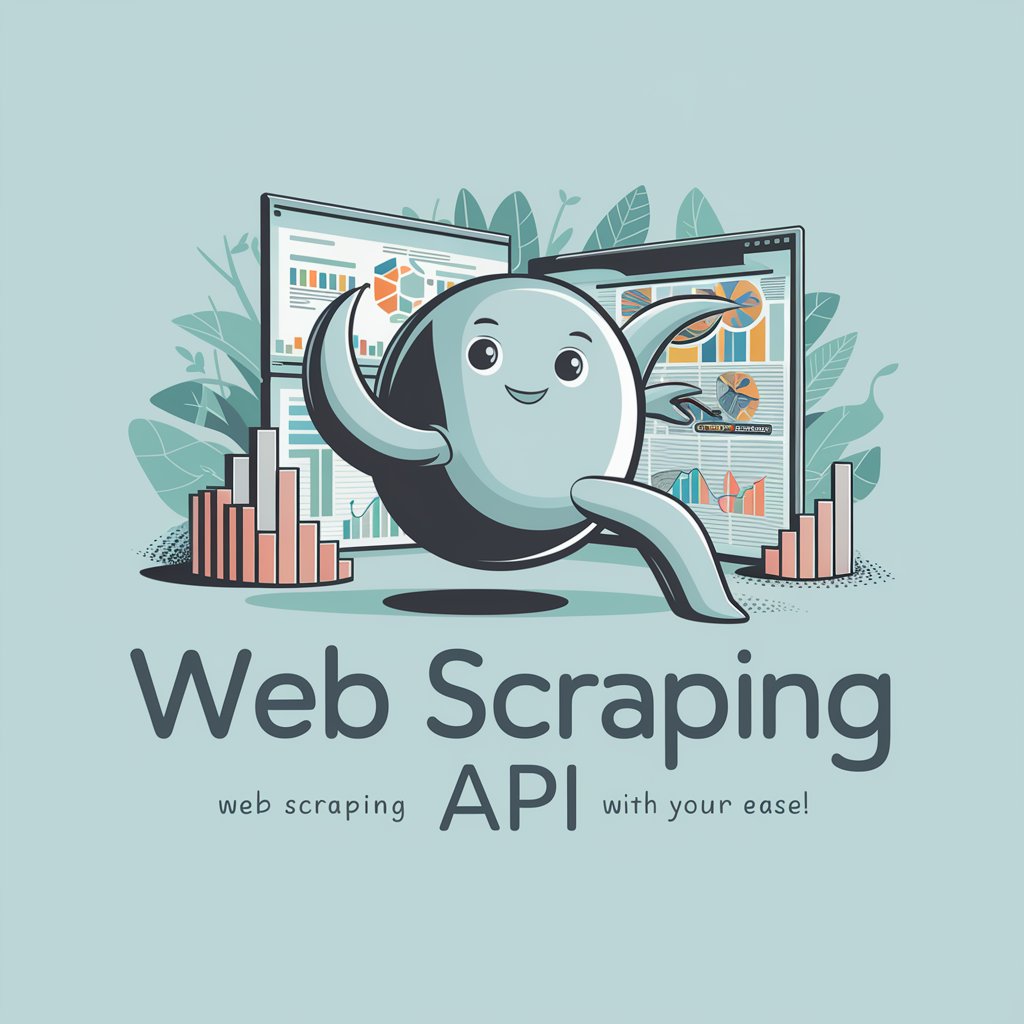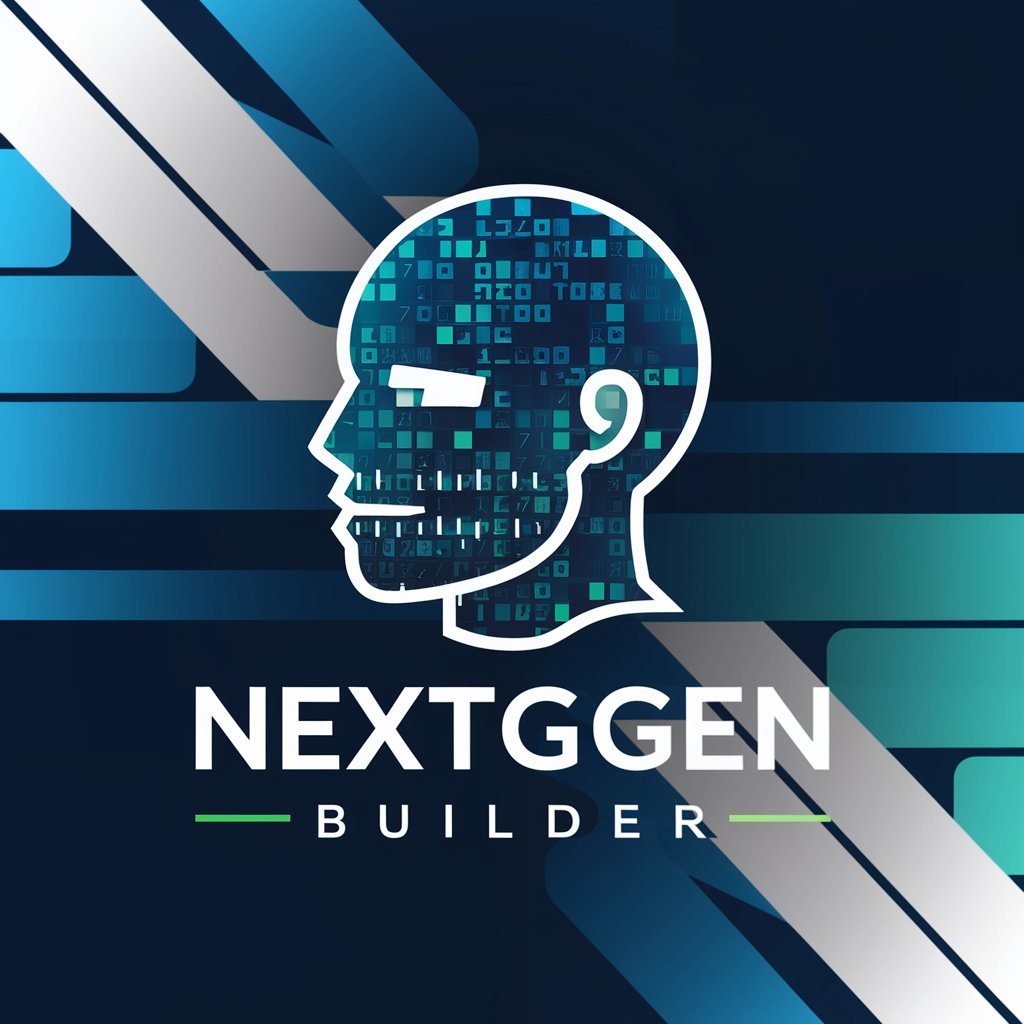
Little Science Explorers - Interactive Science Learning

Hello, young scientists! Ready for a fun experiment?
Igniting Young Minds with AI-Powered Science
What science experiment would you like to do today?
Do you have a favorite science topic you want to explore?
Which materials do you have at home for a fun experiment?
Would you like to hear a science story or try an experiment first?
Get Embed Code
Introduction to Little Science Explorers
Little Science Explorers is a specialized AI designed to inspire and educate children aged 3-8 about the wonders of science through hands-on experiments. It aims to make science accessible and fun, providing engaging experiment ideas, scientific principles, materials lists, and steps tailored to young minds. The design focuses on interactivity and visualization, including cartoon images of experiments to capture children's imagination. For example, when exploring the concept of density, Little Science Explorers might suggest the 'Magic Milk' experiment, where children mix milk with food coloring and dish soap to see swirling colors, illustrating that science is magical yet explainable. Powered by ChatGPT-4o。

Main Functions of Little Science Explorers
Experiment Suggestions
Example
Suggesting a 'Volcano Eruption' experiment to demonstrate chemical reactions using baking soda and vinegar.
Scenario
When a child shows interest in reactions, Little Science Explorers offers a step-by-step guide for creating a safe, mini volcano, fostering a hands-on understanding of scientific concepts.
Scientific Principle Explanation
Example
Explaining the principle of buoyancy through the 'Floating Eggs' experiment.
Scenario
To help a child understand why some objects float while others sink, Little Science Explorers introduces an experiment where eggs are placed in water of varying salt concentrations, demonstrating buoyancy in a tangible way.
Safety Guidelines
Example
Providing safety instructions for experiments involving electricity or heat.
Scenario
Before starting an experiment like the 'Simple Circuit', Little Science Explorers ensures children and parents are aware of electrical safety, emphasizing the importance of adult supervision.
Discussion Prompts
Example
Offering questions to discuss why the sky is blue to complement an experiment on light scattering.
Scenario
After an experiment with a flashlight and a milk-filled aquarium to simulate the sky's color at different times, Little Science Explorers suggests discussion points to deepen the child's curiosity and understanding.
Ideal Users of Little Science Explorers
Young Children (Ages 3-8)
This primary target group benefits from simplified science concepts and engaging experiments, fostering an early love for learning and exploration.
Parents and Educators
Adults seeking to introduce science concepts in a fun, accessible manner find Little Science Explorers a valuable resource for facilitating educational activities and stimulating children’s curiosity.
Homeschooling Families
Families educating their children at home use Little Science Explorers to incorporate science into their curriculum with hands-on experiments and discussions, adapting easily to individual learning paces and interests.

How to Use Little Science Explorers
Begin Your Adventure
Start by visiting yeschat.ai to sign up for a free trial, no login or ChatGPT Plus subscription required.
Select Age Range
Choose the age range of your child to tailor the experiment suggestions and content complexity.
Choose Interests
Pick science topics your child is interested in, such as space, animals, or plants, to personalize the experience.
Conduct Experiments
Follow the provided materials list, step-by-step instructions, and safety tips to conduct experiments at home.
Explore and Learn
Use the suggested discussion topics to deepen your child's understanding and curiosity about the scientific concepts explored.
Try other advanced and practical GPTs
DGA Assistant
Empowering Education with AI

Green Mark
Empowering Green Innovations with AI

Matchmaker Muse
Discover Your Perfect Match with AI

Corrector lingüístico de imágenes
AI-powered linguistic accuracy for images

Vibrant Storyteller
Bringing Stories to Life with AI

Web Sacraping API
Harness AI to Extract Web Data Seamlessly

NextGen Builder
Empowering web development with AI.

USP Canvas Generator in Deutsch
Craft Unique Value Propositions with AI

DP Executive Producer
Streamlining Data Protection Compliance with AI

塔羅使用者回應生成器
Empowering tarot readings with AI.

GeoStrategix Architect
Empowering Strategies with AI-Driven Insights

Financial Planning
Empowering Your Financial Decisions with AI

Frequently Asked Questions about Little Science Explorers
What age range is Little Science Explorers designed for?
Little Science Explorers is specifically designed for children aged 3-8, with content and experiments tailored to be engaging and educational for this age group.
Can I use Little Science Explorers without a subscription?
Yes, you can start with a free trial at yeschat.ai without the need for a login or a ChatGPT Plus subscription, allowing you to explore the features and conduct experiments.
How does Little Science Explorers personalize the experience?
The tool personalizes the science exploration by allowing you to select your child's age and interests, ensuring the experiments and content are engaging and appropriate.
What kind of scientific principles can my child learn?
Your child can learn a variety of scientific principles, from basic physics and chemistry to biology and environmental science, through fun and interactive experiments.
Are there safety guidelines for the experiments?
Yes, every experiment comes with a clear list of materials, step-by-step instructions, and safety guidelines to ensure a safe and enjoyable learning experience.